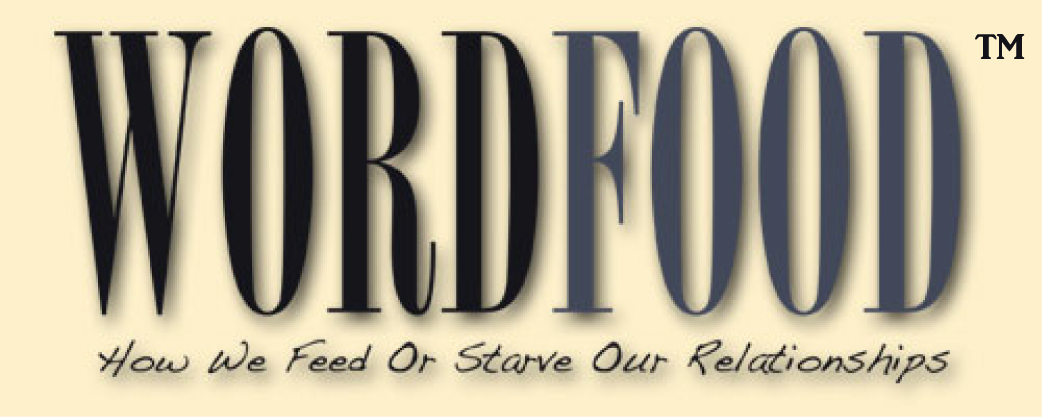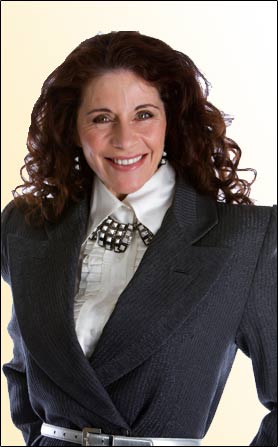In the month since climbing Kilimanjaro it’s been busy. The holidays, trips to see friends, emails to answer. Among the work and preparation for yet another adventure trip, a couple of emails stood out: Ignas and August, the guides from my trip up that great mountain in Africa.
These two wonderful men from E-Trip Africa became friends and confidantes during the six day journey which took me to 19k’ and more to the rooftop of Africa. They also carried me most of the way down when, while sliding down the wicked scree that you have to navigate for nearly four thousand vertical feet, I badly twisted my left knee and needed help. Without them, I’d have taken painful hours to make my way down solo. We laughed, ate, talked together, solved the world’s problems. When I took a bathroom break at 3 am 17k feet, got up and began to hobble back to the group and couldn’t figure out what in the world inhibited my ability to walk, Ignas kindly pointed his headlamp at my knees and suggested that pulling up my underwear might help. I nearly fell down the mountain in laughter.
Ignas’ wide ranging knowledge of geology, astronomy, math and so many other subjects, and his deep sense of the important things in life in his early twenties made him lovely company. August, who chased us down in the early hours to check our oxygen and pulse rate, was a quiet, competent presence full of funny stories about previous climbers, mishaps and mayhem from his 308 ascents.
Their constant encouragement, checkins, reminders to eat and drink kept me and my climbing partner going. Never did they push, always did they gently encourage. At the summit, when my water line froze, Ignas spent fifteen minutes whacking the black line like a dead snake with ice flying in all directions until I could get the much needed liquids from my backpack.
Once we came down, and landed at our rest hotel, the goodbyes in the parking lot were emotional and joyful. When I got back to America, I found photographs and videos, some hilarious, that August had sent the day after we had returned. I sent both men recommendation letters and copied their boss. Then I sent them both personal emails about what the trip, and they, had meant to me.
So often people come down the mountain and later, it’s hard to remember the guide’s name or the cook’s name, and it’s easy to say that I climbed Kilimanjaro. Nobody does such a thing alone. It takes a community to get us up and it most assuredly took a community to get me down. It was an exquisite experience to learn to accept little gestures of help from being buckled up when I couldn’t find my belt buckle to being chairlifted down the mountainside to drink cartons of delicious mango juice at base camp. So my personal emails expressed my gratitude for being taught how to accept such help, for that to me was more important that the summit itself. That was their gift, my lesson from Kilimanjaro.
From Thanksgiving to New Year’s Day all of us have a terrific opportunity to thank those who serve us- those often forgotten workers and servers and support help who add untold value to our lives, but all too often go unnoticed in our world. People whose names we don’t know or don’t bother to memorize. Without them, our lives would stumble and come to a stop. Ignas and August reminded me to thank those to take care of us- and while you might not take on a mountain, the mountains of our daily lives involve everything from grocery baggers to baggage handlers to handy men to handicapped people who work at Goodwill. They are all doing things that serve us. Let’s notice, remember a name, leave a bigger tip, take the time to make someone feel visible. Important.
Now that’s a way to celebrate a New Year.

